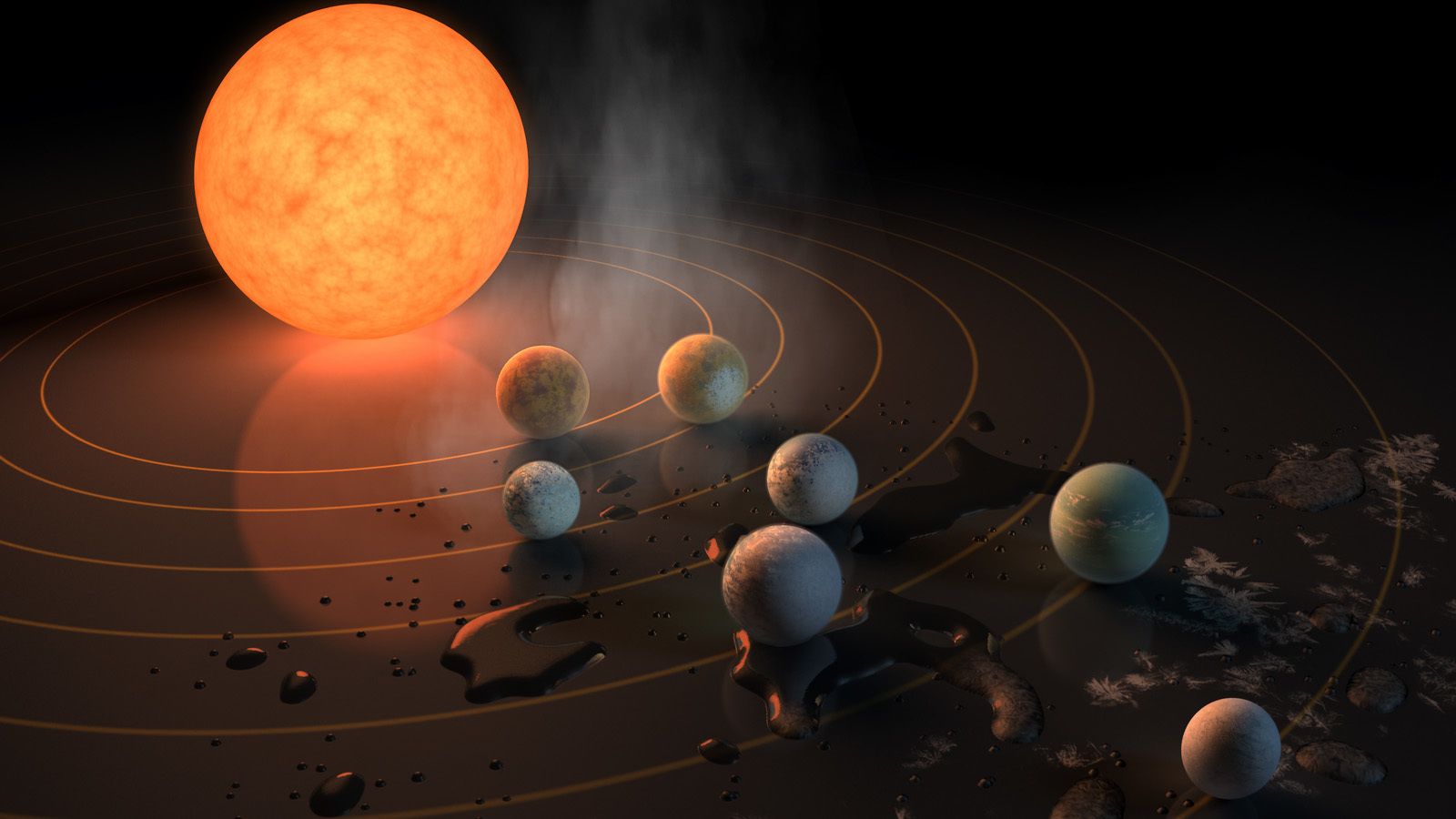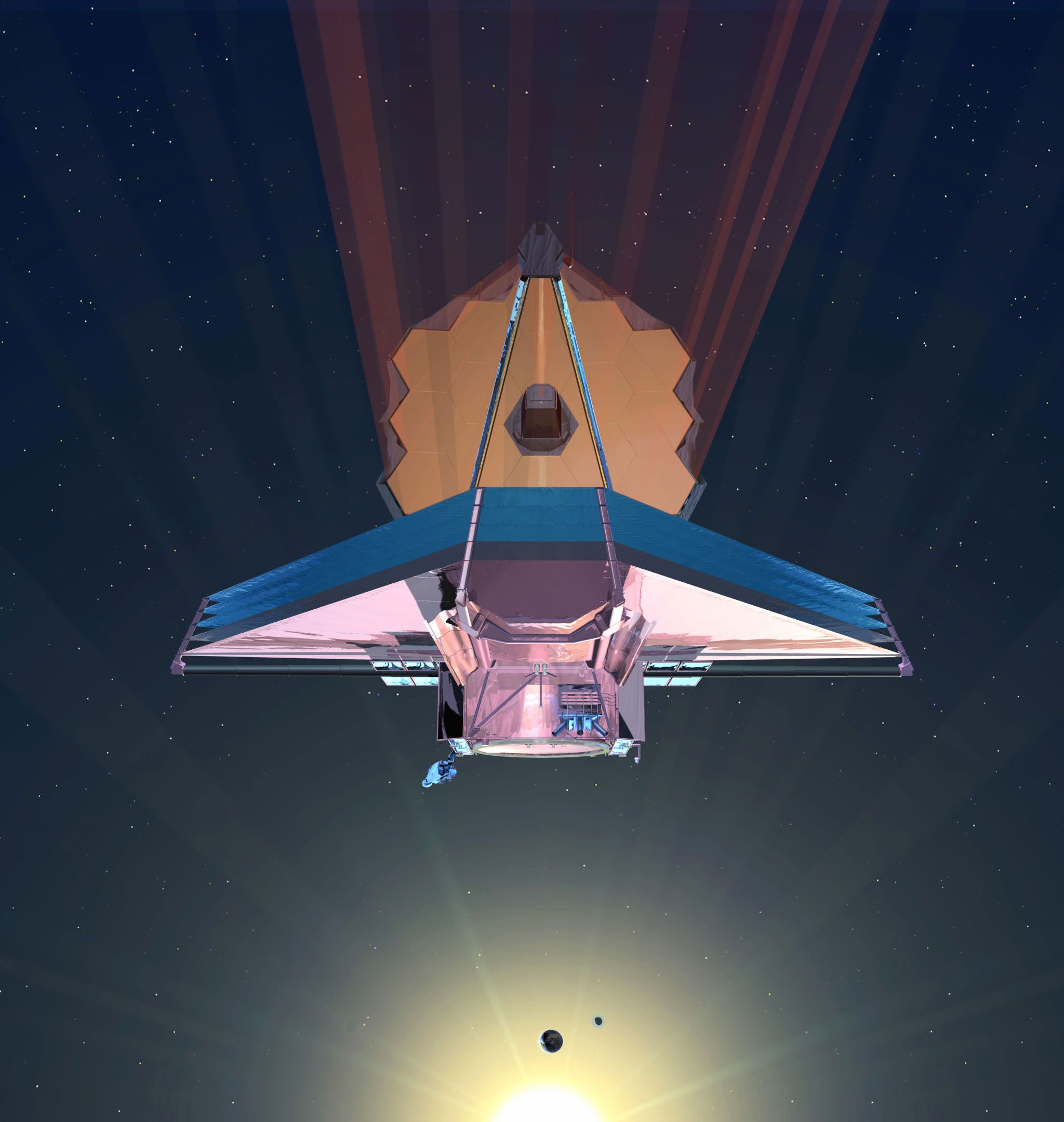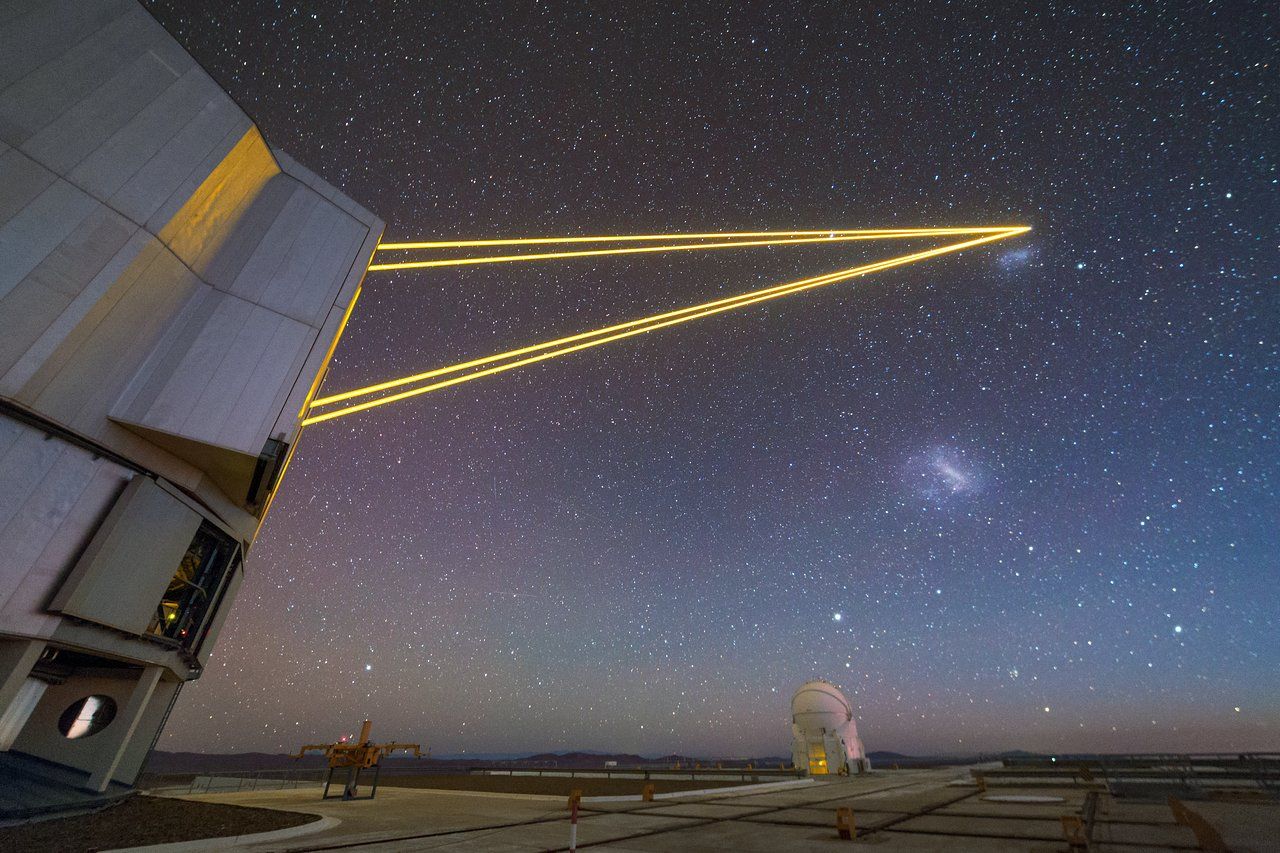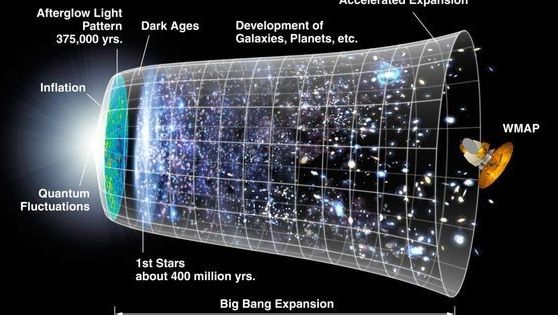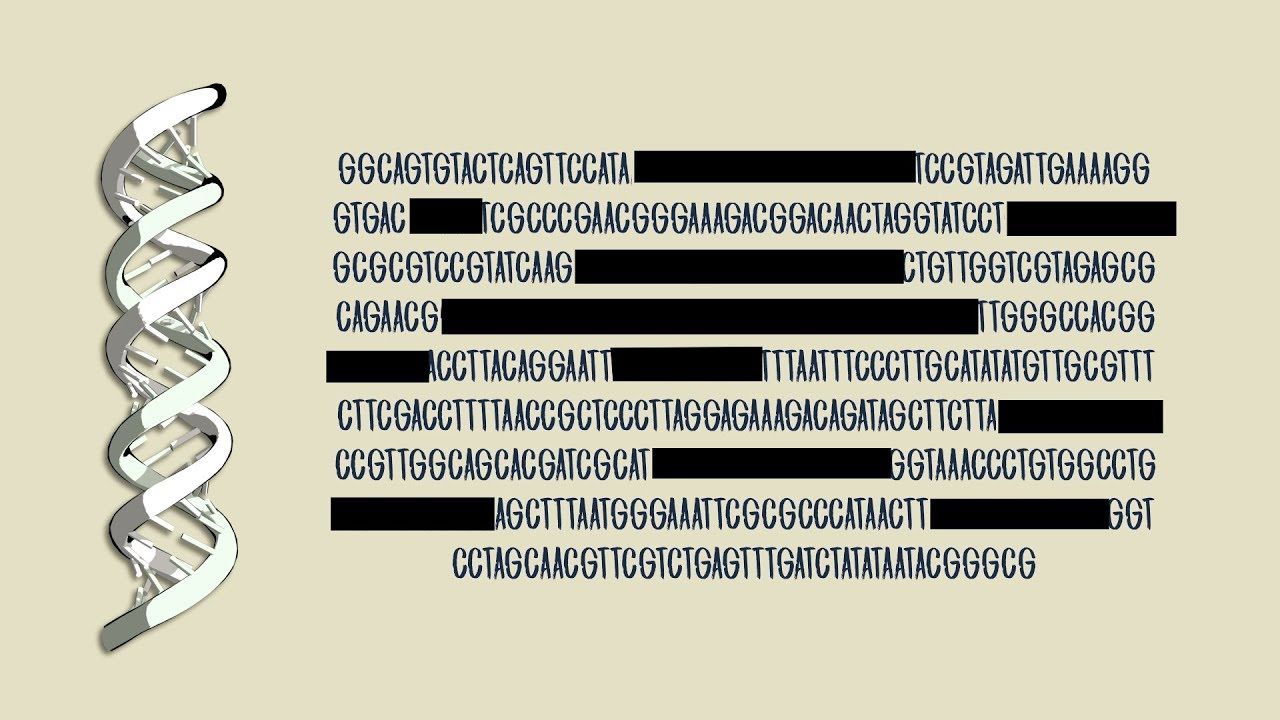Apr 28, 2018
Hubble probes atmospheres of exoplanets in TRAPPIST-1 habitable zone
Posted by Alberto Lao in category: alien life
Astronomers using NASA’s Hubble Space Telescope have conducted the first spectroscopic…survey of the Earth-sized planets (d, e, f, and g) within the habitable zone around the nearby star TRAPPIST-1. This study is a follow-up to Hubble observations made in May 2016 of the atmospheres of the inner TRAPPIST-1 planets b and c. Hubble reveals that at least three of the exoplanets (d, e, and f) do not seem to contain puffy, hydrogen-rich atmospheres similar to gaseous planets such as Neptune…at: https://exoplanets.nasa.gov/…/hubble-probes-atmospheres-of…/
NASA’s Exoplanet Exploration Program, the search for planets and life beyond our solar system.
